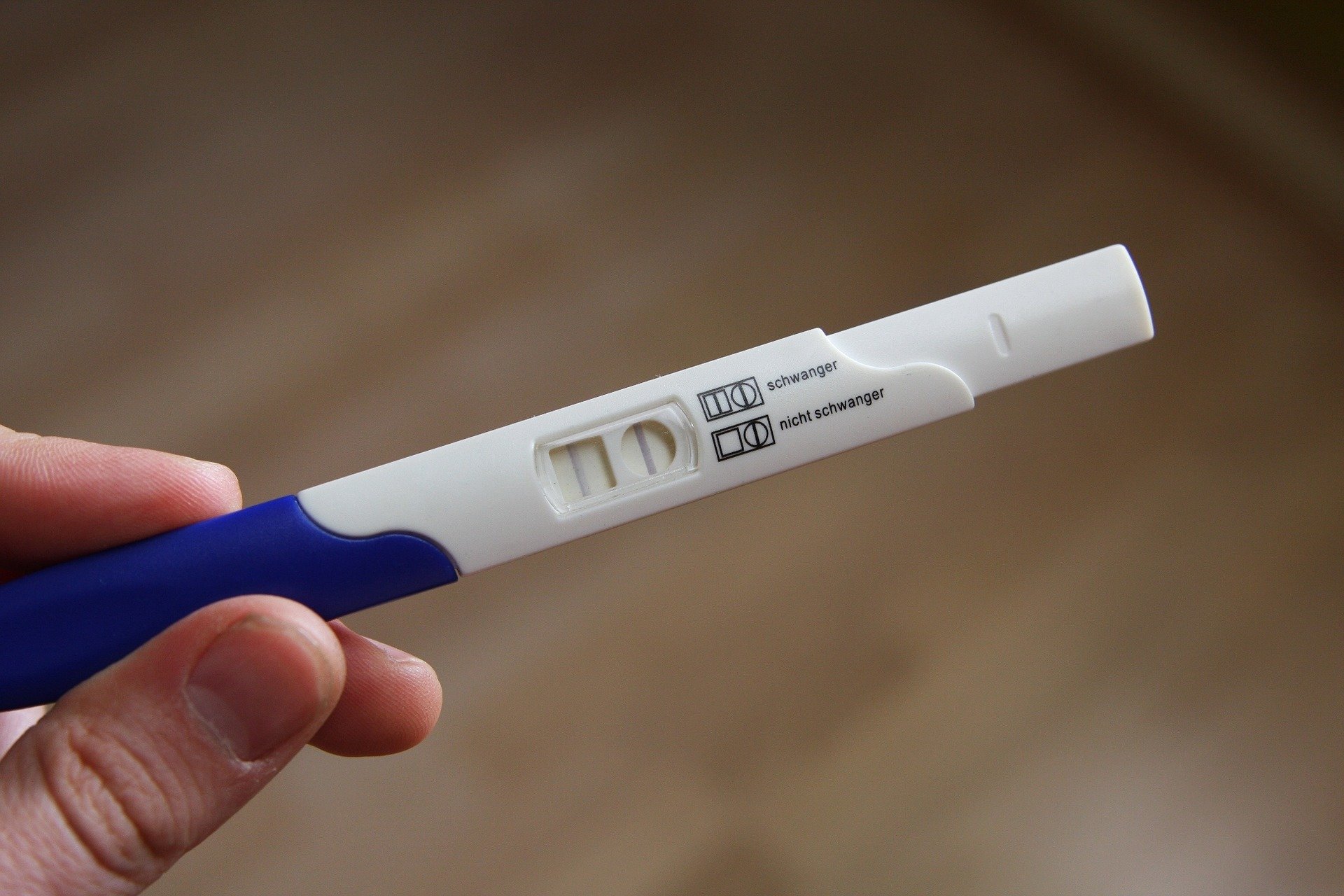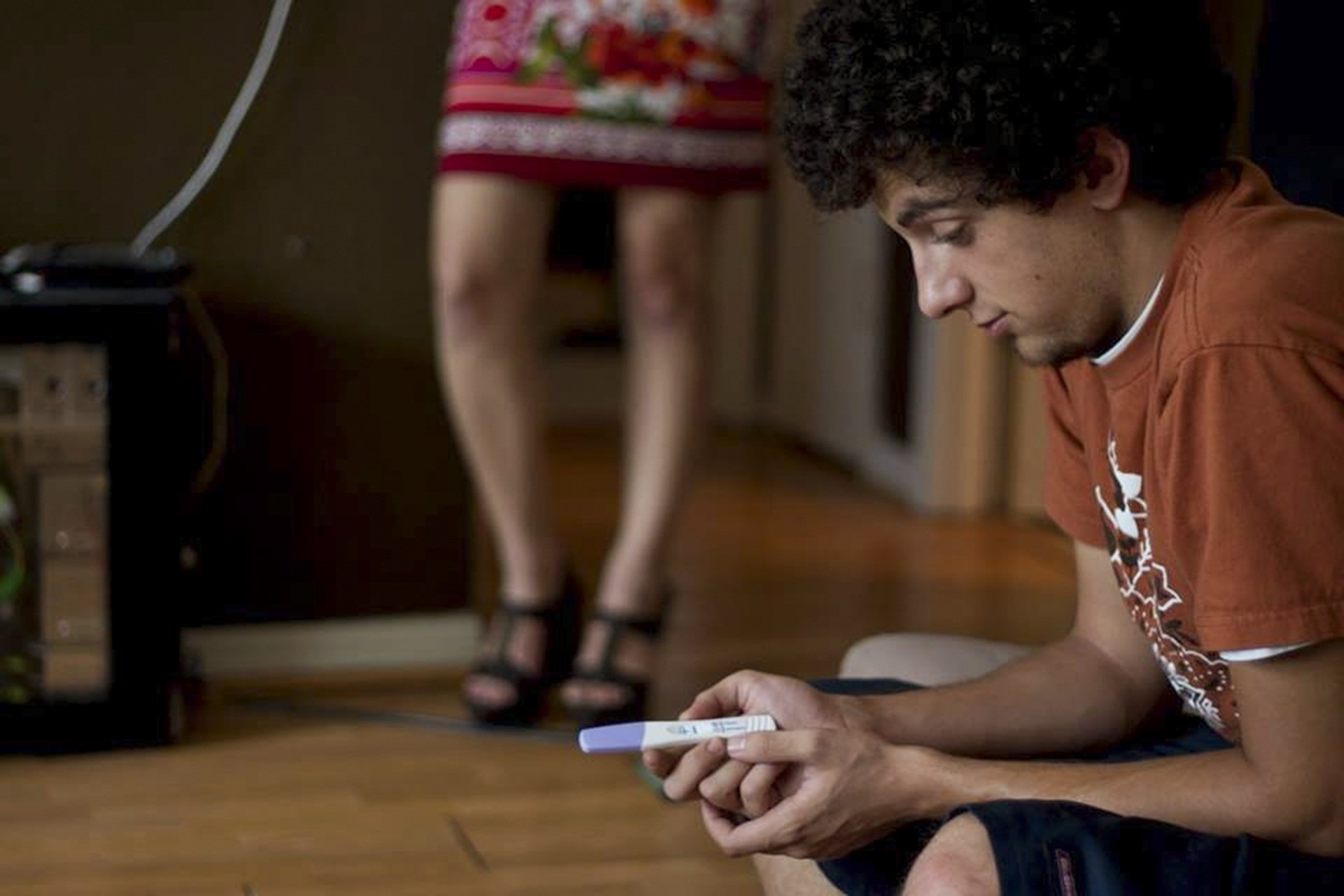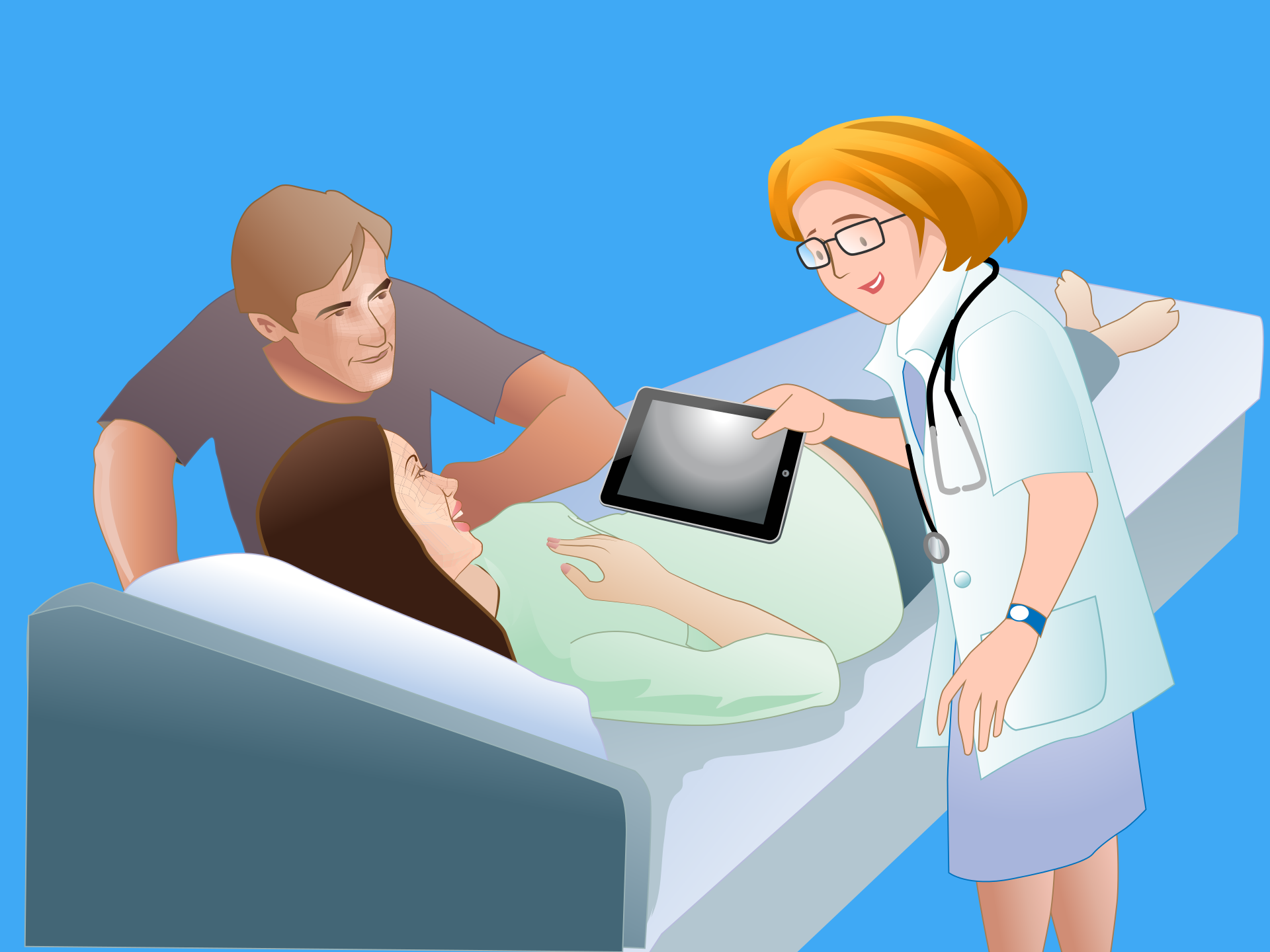When you are trying to get pregnant, there are many things that you need to know including how to properly use an at-home pregnancy test. But when you first walk into a store, just buying one can be confusing. Which brand is better? Should you go for the pricier test? How exactly will it work? And, most of all, should you get several to ensure there's no false positive? To help answer all of these questions, here are 6 things that you need to know about taking a pregnancy test.
More from MamásLatinas: 10 Unexpected ways your body changes during pregnancy
1. All pregnancy tests are actually measuring the same thing.

The first thing you should know about pregnancy tests is that, although there are dozens of different home pregnancy tests on the market, all urine tests measure a hormone called human chorionic gonadotropin (HCG). Although this hormone is always in your body, once you get pregnant, the levels increase dramatically.
2. It's best to take the pregnancy test first thing in the morning.

The reason why pregnancy test instructions tell you to take it first thing in the morning is because HCG has had a chance to build up in your urine after several hours of sleep. Basically, your urine is more concentrated with HCG and hence more likely to result in a positive test if you're actually pregnant. However, pregnancy tests today are also more more sensitive than ever before so testing in the morning isn't always necessary.
3. Getting a pricier, fancier test won't make a difference.

Here's something that might make your wallet a little happier: You don't actually have to buy a pricier pregnancy test in order for it to be accurate. This is because basically all home pregnancy tests measure the same thing at the same threshold of 25 IUs (Intentional Units) of HCG. So, really, any test will do the job of telling you if you are carrying a baby.
4. Your doctor might also do another kind of pregnancy test.

Although all urine tests are basically the same (meaning your doctor has the same type of test as a home pregnancy test), there is a difference when you actually make it to your doctor's office. Your doctor will actually do a test that measures HCG in your blood stream, which is particularly important for women who are at risk of miscarriage or other pregnancy complications.
5. Your health might cause you get a false positive.

There IS a chance of getting a false positive on a pregnancy test, and that's usually because of certain medications (like those used for fertility). Those medications can raise the HCG in your urine, as can pituitary disorders or germ cell cancers (when there are tumors that grow in the ovaries).
6. Ultimately, you really should trust the test results.

The number one piece of advice from G. Thomas Ruiz, M.D., ob-gyn at the Orange Coast Memorial Medical Center, who spoke with Women's Health, is that people should trust the test.
"Everyone repeats the test, even if they get a positive, because they don't believe it the first time," he says. "Some people will test three times and then come to the doctor and do another test — but we use the same tests at the doctor's office! If it's positive twice, you're pregnant!"




